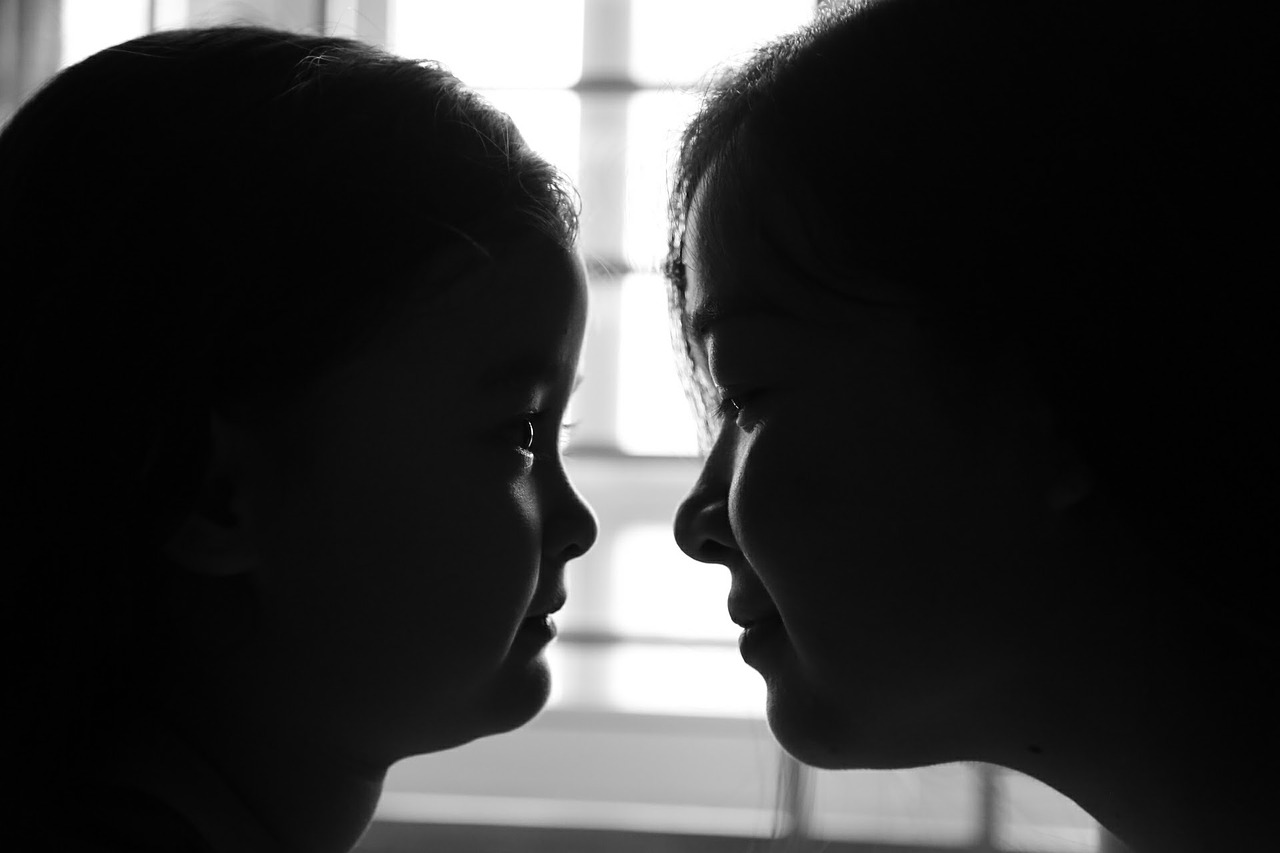You are at a restaurant to have a nice meal and a lovely time of visiting with your spouse, family, or friends. You are forced into hearing what is happening at the next booth. “Stop that! What are you doing?” the mom asks in frustration. “But I don’t want to eat it” whines the child as he angrily jumps up and down in the booth behind you. The child says “Mommy.” No response. “Mommy” he says louder, and still no response. Now “Mommy” is said with authority, a demanding tone in the child’s voice and a much louder volume. Mom is ignoring all of this going on right next to her and is carrying on a conversation over the noise with her friend across the table. The child must escalate to get her attention, and you hear Mom say, “No, don’t throw that!” Now a big bump from behind lunges you forward, and you hear, “What do you want? You’re driving me crazy!”
Then complete silence finally comes to your meal. Did the mom properly discipline the child? How did this stop so instantly? You look over your shoulder and see that the child is now playing on the mom’s phone. If you are like me, part of you is thinking, “Yeah, the whining has stopped, and I don’t care what the mom did to make it happen.” But the other part of me is even more upset with the mom because she just rewarded the child’s bad behavior. No discipline occurred. A negative learned behavior was reinforced.
Even though it’s very hard, you cannot be mad at the child. The child is showing the learned behaviors that are allowed in their family. If I cry loud enough and long enough, I will get what I want. The child just trained the parent. That is so sad! There is such a better way.
To discipline properly, you must first have a positive relationship with your child.
Meeting your children’s needs of safety, food, and physical care are the beginning of that relationship. Even more important is showing your children you value them. You spend time together reading, playing games, listening to them, looking them in the eye when they are talking, hugging them, asking their opinion (even at a young age) and taking it when you can. When you have shown your child your love and respect for them, it will be easier to discipline because your child will know it’s coming from your heart, out of love and not out of anger. You will have developed that relationship first so discipline can effectively happen second.
Discipline will only be effective if some very clear and established boundaries have been previously set.
Once you as the parents (or grandparents or guardians) have set the boundaries for your family, a discussion with your children about the rules is necessary. Make sure the child understands the rules, and allow the child to ask questions. Set consequences that will be age-appropriate and fit the rule that was broken. Due to personality traits, it will be easier for some of your children to stay within the boundaries. Other personalities will see the boundaries as something to be pushed and bent.
The hardest part of discipline for a parent is consistency.
Children will test to see if you will have the same boundaries all 7 days of every week. You may begin to think, “This child will never learn. How many times will we have to go over this?” The answer is as many times as needed! When children consistently push boundaries, what they are doing is finding out if you love them enough to be consistent with discipline and take the time needed to redirect them. (Note: Discipline should NEVER be comparative to another child: “Why can’t you be more like…?”)
Children want the attention of their parents and will get it in any way possible, even in a negative way. Children also imitate behaviors they see better than they listen to words you say. Think of the behavior and attitudes you want your children to have, and model those traits in your own actions toward your spouse, in-laws, neighbors, friends, and especially toward your children.
Your child is only little for a short time. Most parents desire the future relationship of being “being friends” with their child. If this is your desire, then first be the parent who consistently disciplines correctly. The rest will happen naturally.

